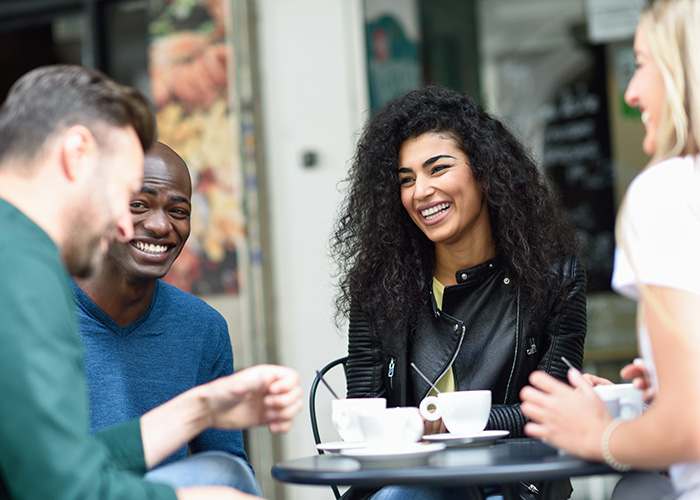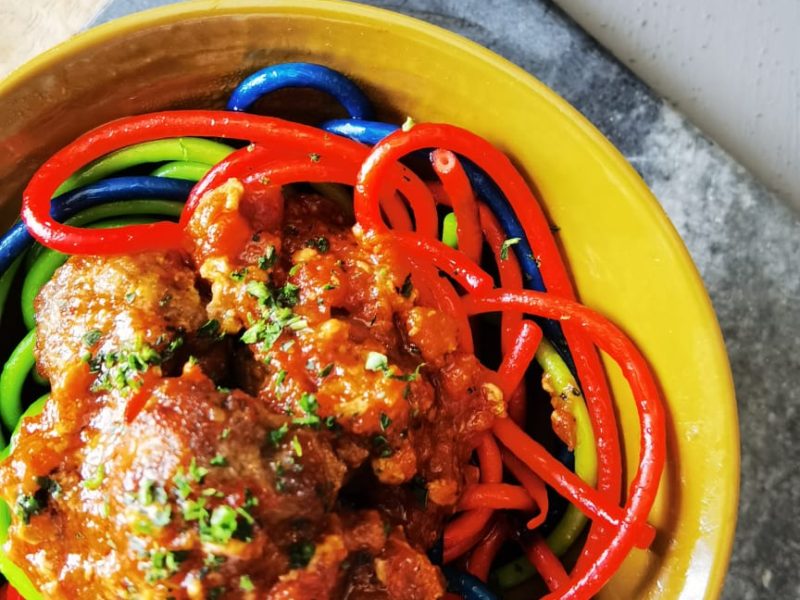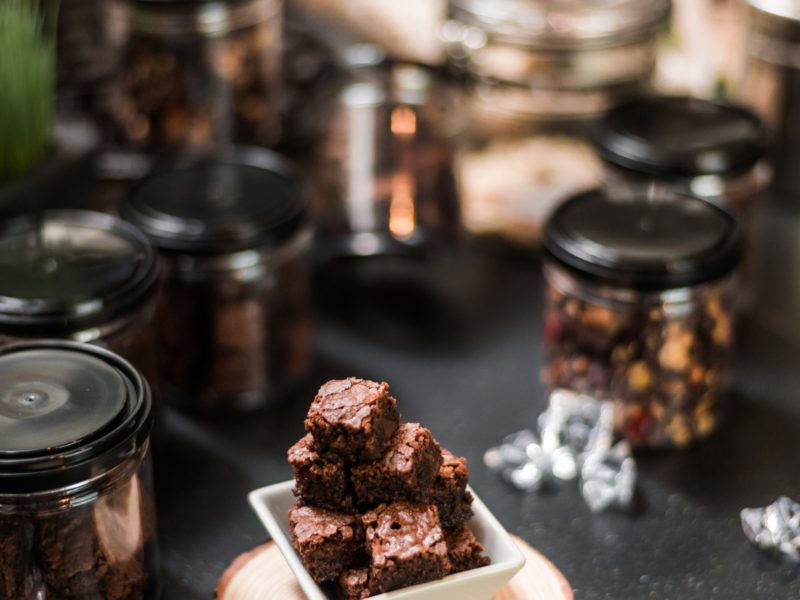Keep the cup, but drop the guilt.
South Africa might have taken it’s time but it has come to the party in a big way.
Coffee culture is a way of coming together, being social, but also skipping out of the stress of having a full length, multi-course sit down meal with someone. In the modern commitment-phobic world, having coffee with someone is basically just the “hover before the swipe”. Getting coffee is like making small talk, with something to break the ice. It’s your moment to decide if this interaction merits a sit down meal…
It all started with “café culture”.
This is a very European way of engaging with others, without invading personal space. The local café is public and neutral, but distinctly different from the local pub or bar. It’s perfectly fine to meet anyone from a prospective love interest to an annoying relative you don’t want to invite into your inner sanctum (living room).
Due to their lower price point, when compared with restaurants at least, some of the earliest coffee houses in Europe and Brittain became egalitarian meeting places for politically minded men of all social ranks and classes. Although women were initially not welcomed in, (the past was the WORST) this did change in the 20th century. Coffee houses, later called coffee shops became hubs of social reform debates and counterculture, open to all open-minded people.
Café culture is still a large part of life in places like the Mediterranean.
In most of Italy, until recently, you could not even (at least without evoking the silent judgement of the barista) get a coffee to-go. You order an espresso, you get no milk or sugar, you drink it standing up and then you go on with your day. Walking and sipping from a disposable cup just doesn’t happen there.
Read more on the evolution of the coffee house.
How Café became Coffee
As our lives got more rushed, so did our coffee habits. From melting pots of culture and class that gave birth to social reform, we gained…Pumpkin spice lattes and single use plastics.
The most famous modern style coffee shop, Starbucks, opened their doors in 1971 and the global coffee rush began. At first South Africa did not have access to this type of coffee shoppe culture, but pretty soon that changed. Vida e caffé, Seattle Coffee Company, and even Mugg and Bean On the Move have all helped change the landscape of our coffee drinking habits. There are also many local, independent coffee spots, like Plato and Aroma, The Daily Coffee Group. (Although they have all now expanded their locations…)
Change before it’s too late.
Basically, the South African Coffee culture, while thriving, is still in its developmental stages. This is why a change, early on in the game, can help us create a healthier and more sustainable culture, which means we can all enjoy our coffee without the side of environmental guilt. One of the easiest ways to offset your coffee waste is to quit the single use cup. Most café’s and coffee shops wont have a problem with you bringing in your own, clean, reusable cup. You can also insist on knowing the credentials of what goes into your cup, like ensuring that your coffee beans are responsibly sourced and the primary producers are protected through Fair Trade agreements. (In fact, most South African coffee shops are proud of their sustainable value chain and will proudly display these credentials.)
Coffee is a “healthy” addiction
Health benefits of coffee
As with all things in live, moderation is key, but at least our morning coffee isn’t a downright health risk. In fact, coffee consumption has bee shown to be beneficial for people diagnosed with degenerative diseases like Alzheimer’s, or Parkinsons disease.
Coffee is rich in history and full of surprises
We suggest you add these local coffee shops to your bucket list and get your caffeine fix one delicious cup at a time.
25 Top Coffee Shops in South Africa
Whether your coffee of choice is Kopi Luwak (Basically wild tree-cat-poop coffee) or a SERIOUS Italian Espresso, we hope you find the cup, café, and company to make your next coffee the best one yet.




